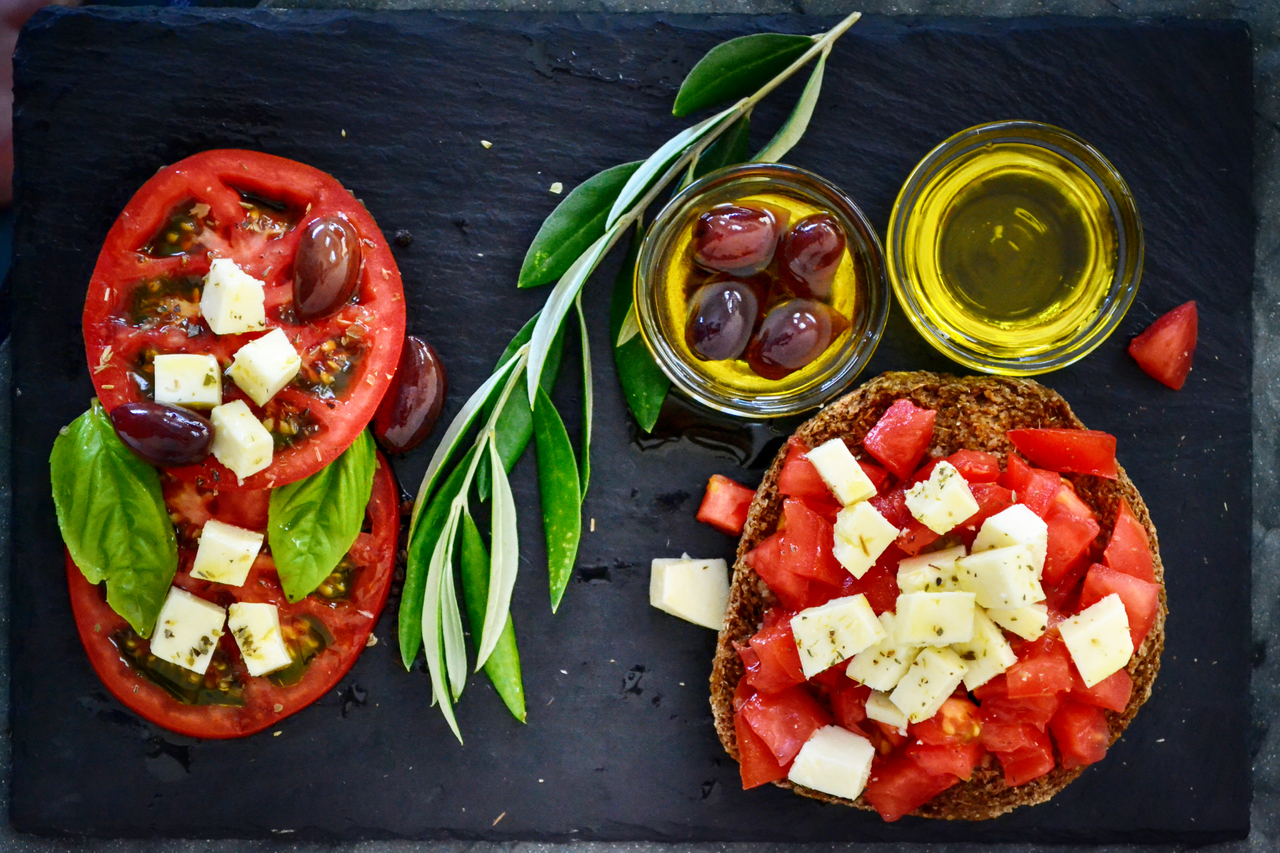6 Frozen Fruits That Support Weight Loss
Nutrition experts advise eating more fruits and veggies, especially if you want to lose weight. Ideally, half of your plate should be filled with them at each meal. However, most Americans aren’t eating enough fruit. Frozen fruit can be a great solution because it’s easy to access, affordable, and ready to eat without any prep work.
Bananas
One of the best-frozen fruits to keep in your freezer is bananas, says nutrition expert Wendy Jo Peterson. Frozen bananas are great for smoothies because they make them creamy and sweet. They’re also packed with fiber, prebiotics, and potassium. You can buy pre-sliced frozen bananas or freeze your own ripe bananas. In addition to smoothies, you can use them to make banana bread.
Wild Blueberries
Blueberries are a great addition to your kitchen, especially the wild ones you find in the freezer section. They’re smaller and sweeter, with less sugar than regular blueberries. A cup of wild blueberries has 10 grams of sugar and 6 grams of fiber, while regular blueberries have 15 grams of sugar and 4 grams of fiber in the same amount.
Both types of blueberries have antioxidants called anthocyanins in their skin, which are really good for your health. Wild blueberries have more of these antioxidants because they’re smaller. You can use frozen wild blueberries in baking or toss them into warm oatmeal.
Tart Cherries
At the grocery store, you’ll usually find sweet cherries, but you can also get tart cherries in the freezer section all year round.
Tart cherries are great for adding to your morning protein smoothie because they help reduce inflammation. They contain anthocyanins, which can speed up muscle recovery after exercise. They also have an anti-inflammatory effect that helps reduce inflammation in your body. If you’re working out a lot to lose weight, tart cherries can be really helpful. Try them in our Tart Cherry Nice Cream recipe if you can get a bag.
Mangoes
Eating mangoes might mean you’re eating healthier. A study in 2022 found that both kids and adults who eat mangoes have better diets than those who don’t. Especially for guys, eating mangoes is linked to having a lower BMI and less body weight. Having mangoes in your diet can also give you more fiber, magnesium, potassium, and vitamins A, C, and E, and less added sugar. Maybe it’s because mangoes are naturally sweet and tasty, like nature’s candy.
Fresh mangoes are great, but they’re not always easy to find. “My family loves mangoes, so we always keep frozen mangoes at home. They thaw nicely and can be used instead of fresh ones in recipes,” says Peterson. Try using frozen mangoes in our Mango Smoothie Bowl recipe.
Pomegranate
If dealing with a whole pomegranate is a hassle, you’re in luck! You can find pomegranate arils in the freezer section. You can use them in any recipe that calls for fresh pomegranate, says Peterson.
These red jewels are full of fiber, with 6 grams in just a ¾-cup serving. They also have polyphenols, which are antioxidants that fight off harmful substances that damage cells over time.
A review of 20 studies found that pomegranates might help prevent and treat metabolic syndrome, a group of conditions like high blood pressure and high blood sugar that can lead to heart disease and diabetes. Eating pomegranates was linked to lower body weight, blood pressure, blood sugar, and cholesterol levels. More studies are needed, but eating these arils is a healthy choice.
Try adding frozen pomegranate arils to our Whipped Feta with Pomegranate, Pistachios & Honey recipe for your next party.
Strawberries
Strawberries are a favorite in dietitians’ freezers. “My kids love frozen berries in their smoothies, so I always keep them stocked up,” says Amidor.
One cup of frozen strawberries has 3 grams of fiber and only 50 calories. They’re sweet and low-calorie, making them a great choice for satisfying your sweet cravings and reaching your weight-loss goals.
A study on adults with obesity and high cholesterol found that eating 2.5 servings of strawberries a day for four weeks improved insulin resistance and cholesterol levels.
Strawberries also have ellagic acid and flavonoids, which are antioxidants that protect cells and may reduce the risk of cancer, heart disease, and cognitive decline.

